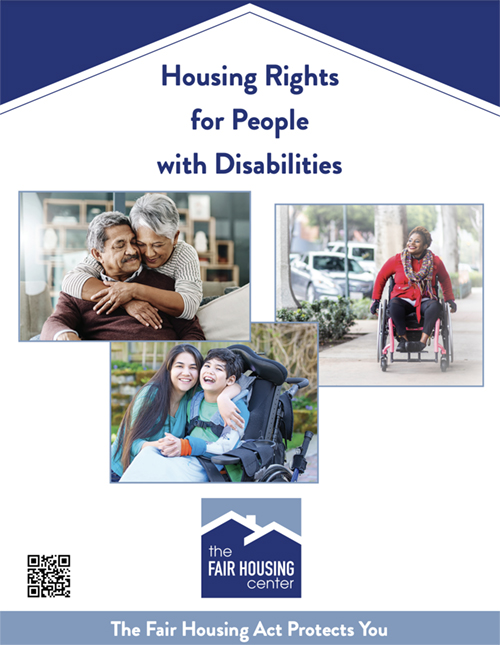Reasonable Accommodation or Modification
Housing providers are required to allow accommodations and modifications, as long as they are reasonable and are being requested by a qualified individual. Each request should be evaluated on a case-by-case basis.
A change in a rule, policy, practice, or service is a reasonable accommodation. Examples include: allowing an assistance animal when pets are not allowed, creating a reserved parking space for a tenant with a disability, or requesting a ground floor residence due to limited mobility. Any minimal costs associated with a reasonable accommodation are generally absorbed by the landlord.
A structural change, or an alteration of the premises, is a reasonable modification. Examples include: installation of grab bars, ramps, or lowered countertops. Costs for reasonable modifications are generally paid by the tenant, but housing providers receiving federal funding are required to absorb the cost.
Any request for a reasonable accommodation or modification should be made by or on behalf of a person with a disability. This can be done at any time, either during the application process or while being a tenant.
A request can be made orally or in writing, but it is recommended that you put your request in writing to avoid misunderstandings. Your landlord may have a policy in place to address such requests.



